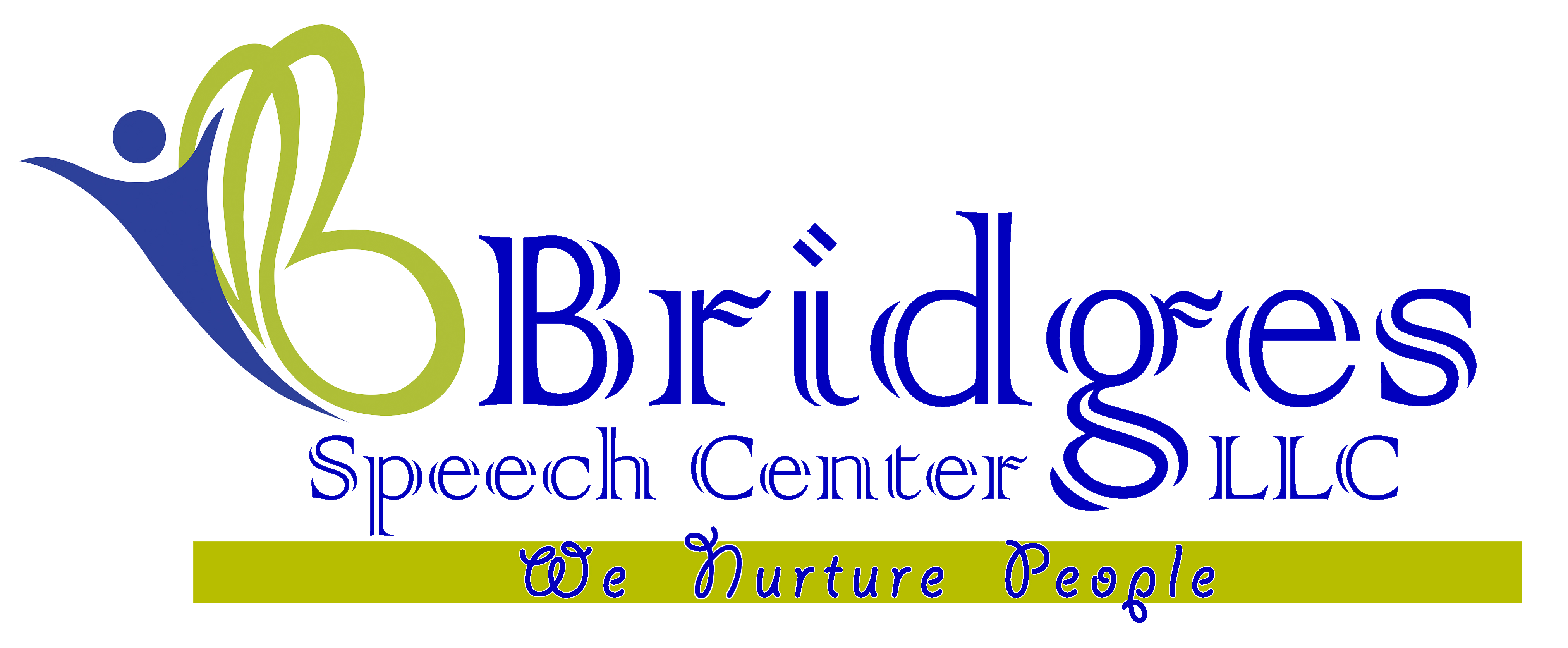
At Bridges Speech Center Dubai families often arrive with one burning question: are learning disabilities genetic or environmental? Clarifying this guides planning for speech therapy Dubai ,occupational therapy and other supports. Our certified speech and language pathologist in Dubai explains how genes and experiences interact to shape achievement.
Genetic studies estimate that inherited factors account for roughly 60 percent of variance in common learning disabilities, yet no single gene predicts outcome. Environmental influences such as prematurity, head injury or limited classroom exposure still matter. By understanding both sides parents can match children to targeted services like apraxia of speech therapy multidisciplinary programmes at our Speech Centre Dubai or the best speech and language therapy center in their community.
Below we unpack the science behind heredity ,clarify the difference between learning disability and learning difficulty and provide hands-on advice on how to help a child with learning disability. Whether your concern involves language based learning disability or questions like is autism a learning disability this guide empowers informed decisions and connects you with speech and language therapies for children.
Table of Contents
ToggleGenetic Foundations: Are Learning Disabilities Genetic or Multifactorial?
Twin and family studies repeatedly ask are learning disabilities genetic? The answer is “partly.” When one identical twin has a specific learning disability, the chance that the co-twin also struggles is about 70 percent. Scientists have identified gene clusters that regulate brain networks for attention phonological processing and motor planning. These networks underlie common learning disabilities such as dyslexia, dyscalculia and written-expression disorder.
Importantly most genes act as risk modifiers not destiny. A child may inherit a vulnerable neural circuit yet read fluently if given structured education learning disabilities interventions in preschool. Conversely limited stimulation can magnify risk. Knowing a positive family history allows parents to pursue screening early rather than waiting for school failure.
Beyond DNA: How Environment Shapes Outcomes
Prematurity low birth weight chronic ear infections and multilingual transitions can all mimic or compound inherited risk. For example oxygen deprivation at birth raises the probability of language learning disability even in children with no family history. Similarly poorly tailored curricula may blur the difference between learning disability and learning difficulty leading to mislabels that delay help.
When parents hear diagnoses like down syndrome learning disability or ask “is cerebral palsy a learning disability?” clinicians clarify that medical conditions can influence learning but do not determine potential. Early therapy inclusive classrooms and adaptive technology can transform outcomes regardless of the answer to are learning disabilities genetic.
Mapping the Different Types of Learning Profiles
Accurate diagnosis matters because interventions vary across the different types of learning disabilities. The table below summarises hallmark features.
Profile | Key Signs | Typical Support |
Dyslexia (reading) | Slow decoding poor spelling | Phonics-based instruction |
Dyscalculia (math) | Trouble with quantity sequencing | Multi-sensory number lines |
Dysgraphia (writing) | Poor handwriting spacing | Fine motor and OT drills |
Non-verbal LD | Weak visual-spatial reasoning | Visual-perceptual training |
Language based learning disability | Limited vocabulary grammar | Speech-language therapy |
Notice that most learners have overlaps producing what educators call learning difficulties and learning disabilities. Clinicians therefore measure IQ working memory and adaptive skills to distinguish intellectual disability vs learning disability. The former affects global cognition whereas a specific learning disability involves one or two academic domains with otherwise average intelligence.
Medical Conditions and Overlapping Diagnoses
Parents also wonder: is dyspraxia a learning disability? Is autism a learning disability? Autism and learning disability often coexist yet they are distinct categories. Dyspraxia affects motor planning; autism affects social communication and some individuals meet criteria for specific learning disability as well. Likewise cerebral palsy, epilepsy or genetic syndromes may influence school skills but we assess each child’s strengths first.
In fact the term down syndrome learning disability typically refers to characteristic language delays in children with Trisomy 21. Research shows targeted phonological training can close half of the literacy gap by grade three underscoring that biology informs intervention-it does not close doors.
Neuroplasticity Offers Hope Regardless of Genetics
Brain imaging proves that structured practice can rewire neural pathways. A 2024 study showed children with a diagnosed language learning disability who received 100 hours of intensive phoneme-grapheme mapping increased reading fluency by 1.5 grade levels despite high genetic risk scores. Such findings reassure families asking are learning disabilities genetic because environment can outpace predisposition.
How to Help a Child with Learning Disability at Home and School
- Build a routine of 20 minutes reading daily; for a language based learning disability include visual supports and verbal rehearsal.
- Use multi-sensory math games for learners with motor coordination challenges; this benefits children whose parents ask “is dyspraxia a learning disability?”
- Collaborate with teachers to ensure accommodations under an Individual Education Plan; clarity on intellectual disability vs learning disability avoids under- or over-support.
When progress stalls seek specialized assessment. If you continue wondering are learning disabilities genetic our multidisciplinary team offers speech occupational and ABA therapy dubai services that address education learning disabilities across age groups.
Are Learning Disabilities Genetic? Why Early Therapy Still Matters
Even when family history is strong neuroplastic changes happen fastest before age ten. Evidence-based programmes at Bridges Speech Center Dubai combine phonological awareness motor sequencing and cognitive-behavioural coaching. We tailor intensity whether the challenge is down syndrome learning disability specific learning disability in math or the overlap of autism and learning disability.
Adults also benefit. Adaptive technology workplace coaching and speech therapy improve outcomes long after school age.
Are Learning Disabilities Genetic Across the Lifespan?
Many adults who were never diagnosed in school wonder are learning disabilities genetic and why difficulties persisted. Twin research confirms hereditary influence remains stable from childhood to late adulthood. Life events such as stroke raise questions like “is cerebral palsy a learning disability?” or “is autism a learning disability?” These medical disorders can coexist with but are not equivalent to a specific learning disability.
Our clinicians compare performance across the different types of learning disabilities and the common learning disabilities to clarify intellectual disability vs learning disability. That clarity shapes plans on how to help a child with learning disability whether the concern is is dyspraxia a learning disability or is autism a learning disability amid broader learning difficulties and learning disabilities.
Family Toolkit for Daily Support
Family toolkits that explain how to help a child with learning disability should emphasize daily reading visual schedules and reinforcement. These techniques work across the different types of learning disabilities from dysgraphia to non-verbal disorders. Remember that consistent strategies also assist siblings who experience learning difficulties and learning disabilities but do not yet meet full diagnostic criteria both at school and at home every day.
Key Takeaways
Are learning disabilities genetic? Genes create a blueprint but environment edits the script. By understanding risk securing early assessment and committing to individualized support families can turn vulnerabilities into victories. Schedule a consultation with Bridges Speech Center today to explore personalized pathways toward confident learning.

